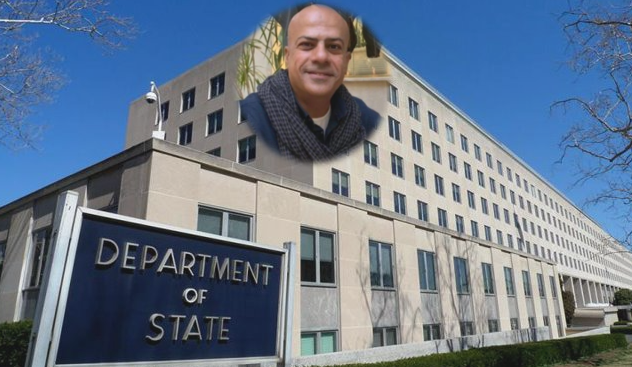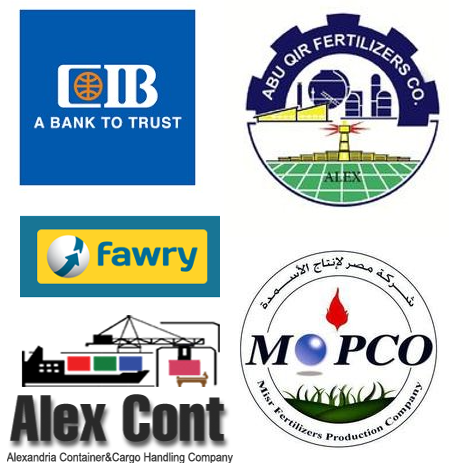According to internal investigations conducted in January 2020, Facebook documented how a Saudi recruitment agency, in cooperation with an Egyptian marketing company, used Facebook to facilitate a labour trafficking network that uses women to work as servants in the Middle East.
According to the investigations, Facebook enabled three stages of the human exploitation cycle which are recruitment, facilitation, and exploitation, through complex networks in the real world. Last month, according to internal documents of Facebook, Associated Press quoted that Apple had threatened to remove Facebook and Instagram from its app store because of concerns related to using the two applications for trafficking maids in the Middle East.
The internal investigation proved that a recruitment agency based in the Saudi capital Riyad, called al-Fayez and al-Waseet Group, has 11 employees and facilitated buying maids to work in Saudi Arabia from their sponsors Kafeel (legal guardianship that requires foreign labourers to have an in-country sponsor), and signed sold contracts with recruitment agencies in other countries including Egypt and the Philippines. This made the Saudi recruitment agency the sole owners of these maids, who are often coming from countries that include Egypt, so they could exploit them and sell them again at much higher prices.
The investigation also revealed that a digital marketing company based in Egypt, which has three employees, promoted the recruitment agency services, using ads. It’s not clear if this company was aware of what it facilitated or not, but the investigation considered this company a subject of more investigations and possible enforcement measures. According to the documents, traffickers, recruiters, and facilitators used hundreds of personal accounts on Facebook, Instagram, Messenger and WhatsApp to trade women’s documents, promote the maids, recruit them, advertise them and sell them. Usually, they are announced as cleaning companies or legal employment agencies. Commissions are paid for each part of this supply chain for their services.
Press reports indicated that maids submitted complaints to the recruitment agencies of being locked in their homes, starved, forced to extend their contracts indefinitely, not given their wages, and being repeatedly sold to other employers without their consent as well as physical and sexual abuse. According to the Egyptian Initiative for Personal Rights, the labour laws explicitly exclude domestic workers from protection, leaving them with no legally guaranteed labour rights.
The US Department of State issued a report about human trafficking which confirmed that foreign maids in Egypt are often exposed to forced labour, as employers require them to work for extended hours, seize their passports, deny them their wages, starve them, refuse to provide health care and physically, sexually and psychologically abuse them.





Recent Comments